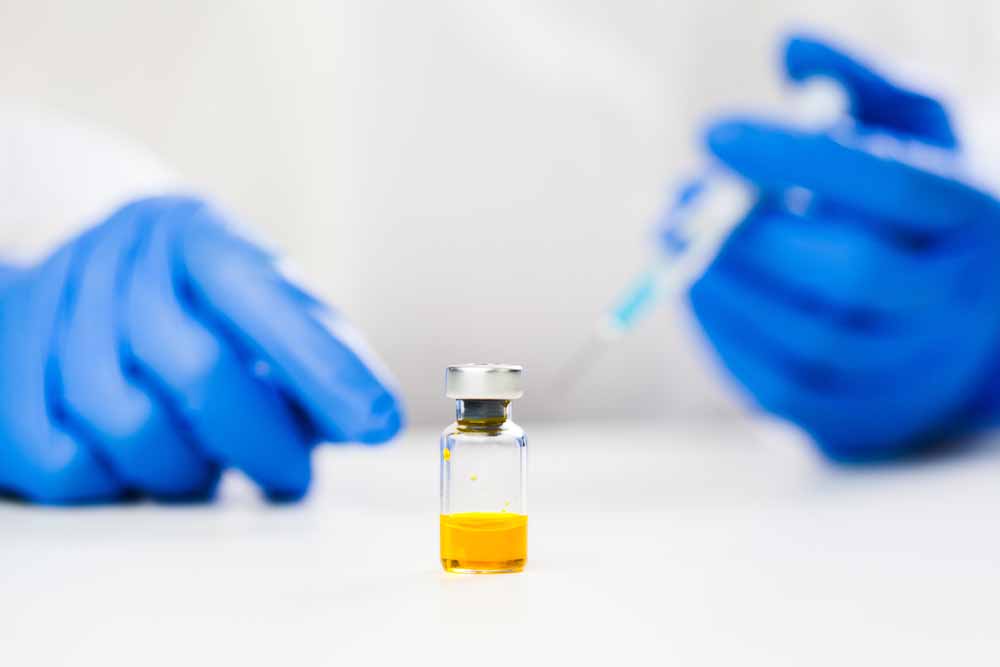Since the beginning of the SARS-CoV-2 pandemic, clinicians and researchers have been desperately searching for a successful therapy
There has been no shortage of leads, as well as disappointments. Developing a new medication from scratch could be very time consuming and expensive. It would be much easier, and fortuitous, if an existing (and effective) therapy could be identified, repurposed, and distributed quickly and efficiently.
Enter, remdesivir.
Remdesivir is an anti-viral drug originally developed to treat the Ebola virus. Unfortunately, it was unsuccessful for that purpose. However, it was already known that its mechanism of action was effective against other coronaviruses. Thus, it was logical to conclude it might be effective against COVID-19 disease.
In a study published in The Lancet on April 30, 2020, investigators reported on a randomized, double-blind, placebo-controlled trial in China. In this case, remdesivir was not associated with a difference in time-to-clinical improvement. While this result was not “statistically significant”, patients receiving remdesivir did experience a numerically faster time to clinical improvement, with symptom duration of 10 or fewer days. The duration of mechanical ventilation was also numerically shorter. The study was terminated early because the COVID-19 outbreak was brought under control in China.
However, on April 29, 2020, the National Institute of Allergy and Infectious Disease (NIAID) revealed preliminary results from a study indicating patients with advanced COVID-19 and lung involvement, who had received remdesivir, recovered 31% faster (11 days vs. 15 days) than similar patients who received placebo. Additionally, results “suggested” a survival benefit with a mortality rate of 8% in the treatment group vs. 11.6% in the placebo group, (p=0.059). The trial closed to new patients on April 19, 2020, and official results will be forthcoming.
In response to the NIAID results, the U.S. FDA issued an Emergency Use Authorization (EUA) on May 1, 2020. The FDA announcement stated, “it is reasonable to believe that the known and potential benefits of remdesivir outweigh the known and potential risks of the drug for the treatment of patients hospitalized with severe COVID-19”. The “scope of authorization” further describes the indications and circumstances for use of the drug.
Dr. Anthony Fauci, Director of the NIAID, tempered expectations somewhat and said the results were “a very important proof of concept” but not a “knockout”. Others have criticized the focus on time to recovery rather than statistically proving a survival benefit.
Key Points: While certainly not quite the home run everyone is looking for in the battle against COVID-19, recent developments surrounding the application and use of remdesivir in severely ill patients are welcomed news. Any intervention that reduces hospital time benefits the patient and the healthcare system, as well as insurance medical reimbursement products. Whether or not a true and significant mortality benefit will be gained is yet to be determined.



